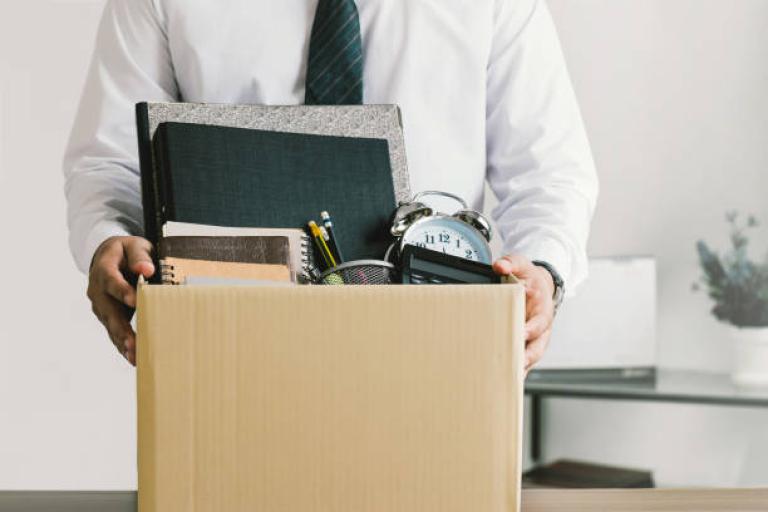In a major victory for home health attendants in New York, the New York State Supreme Court has declared an “emergency rulemaking” by the New York State Department of Labor to be invalid. This is a step towards ensuring that home health attendants, who are some of the most disadvantaged and impoverished workers in New York, receive the same protections under the labor laws that are afforded to all other workers.
In addition to the unpaid wages that home health attendants were entitled to recover before the emergency rulemaking went into effect on October 6, 2017, they are now also entitled to recover wages for the period of October 6, 2017 to the present – the time period during which the emergency rulemaking had previously been in effect.
On October 6, 2017, the New York State Department of Labor promulgated an emergency rulemaking that amended the Wage Order for Miscellaneous Industries and Occupations (12 NYCRR 142-2.1(b)), to specifically exclude non-residential home health attendants from receiving wages for all hours worked.
The regulation was promulgated in response to three decisions by the First and Second Departments of the Appellate Division of New York, which unanimously found that under 12 NYCRR 142-2.1(b), nonresidential home health attendants were entitled to be paid for all 24-hours of a 24-hour “live-in” shift.[1] Home health attendants filed these lawsuits to challenge an industry practice wherein nonresidential home health attendants were only paid for 12 or 13 hours of a 24-hour shift.
According to the DOL, the “emergency regulation [was] needed to preserve the status quo, prevent the collapse of the home care industry, and avoid institutionalizing patients who could be cared for at home, in the face of recent decisions by the State Appellate Divisions …”[2] The DOL promulgated this rule pursuant to the State Administrative Procedure Act’s Section 202(6), which allows an agency to immediately adopt a rule if it is necessary for the preservation of the public health, safety, or general welfare.
Nearly one year later, the New York State Supreme Court has declared this rulemaking invalid. The Honorable Eileen A. Rakower found that “[a] mere need for the monitoring of the home care service industry in light of the Appellate Division rulings and a potential concern about a disruption is not sufficient to justify the use of SAPA’s administrative procedures for emergency rulemaking.”[3]
In addition to enabling home health attendants to recover wages for the period of October 6, 2017 to the present, the decision also demonstrates that home care agencies’ claims that the industry will collapse from simply paying its workers for all hours worked, are not founded in any evidence and are based on nothing but conjecture and speculation.
[1] Tokhtaman v. Human Care, LLC, 149 A.D.3d 476 (1st Dept 2017), Andryeyeva v. New York Health Care, Inc., 153 A.D.3d 1216 (2d Dept 2017), and Moreno v. Future Care Health Services, Inc., 153 A.D.3d at 1254 (2d Dept 2017).
[2] New York State Department of Labor, Oct. 2, 2017 Notice of Adoption.
[3] Chinese Staff and Workers et al. v. Reardon, et al., Index No. 450789/2018 (N.Y. Sup. Ct. Sept. 25, 2018) (J. Rakower).


